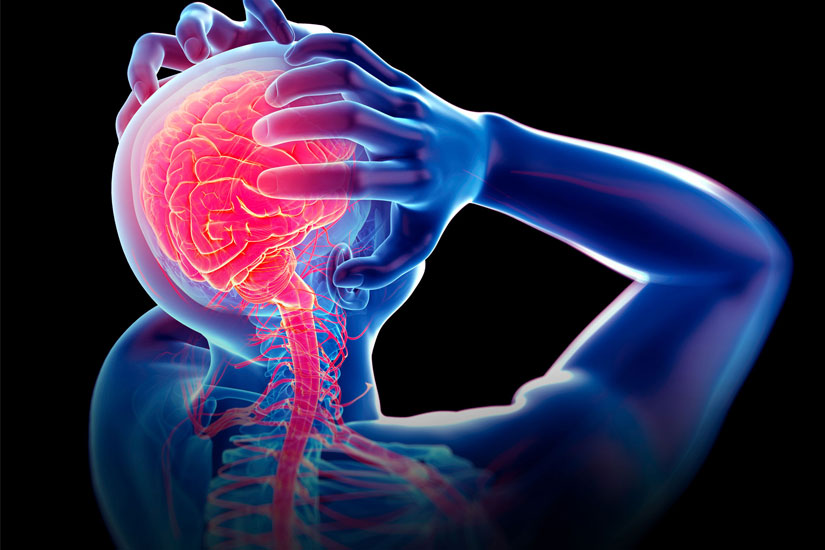No individualized trigger has been established in relation to migraine, however, its symptoms can be as a result of common things we do.
Several things can serve as migraine triggers and various studies have made it clear that our diet plays a huge role in causing it while working hand in hand with other triggers.
Here are 6 foods that can trigger migraine in persons.
- Caffeine
Taking excessive amounts of caffeine or going through caffeine withdrawal can be major migraine triggers. Although caffeine intake has its several benefits, it is advised that we gradually cut down on our daily consumption. Foods like chocolate, coffee and tea have high caffeine content.
- Alcohol
Taking too much alcohol can lead to dehydration, which is known to be a major contributor in having serious headaches. Alcohol, particularly red wine, is a common migraine trigger.
- Chocolates
After alcohol, chocolates are said to be the second most popular trigger food. They contain beta-phenylethylamine and caffeine, both of which are known to cause chronic headaches.
- Artificial sweeteners
Artificial sweeteners are used instead of sugar to sweeten various drinks but these sweeteners contain compounds that can trigger headaches. One common sweetener known to cause triggers is aspartame.
READ ALSO: Breast Cancer Risk; What to Eat and What Not to Eat
- Salty foods
Processed salty foods contain high amounts of sodium which is harmful to heart health as it causes an increase in blood pressure. The high salt content can also be a major trigger for headaches.
- Frozen foods
Taking extremely cold foods or drinks including ice cream can lead to the development of severe headaches. A migraine episode is most likely to occur if you rush your intake of cold foods or drinks after strenuous activities or engaging in heavy workout sessions.
Some things you can do to efficiently avoid having migraines include:
- Taking time to rest from using gadgets like phones, laptops, television etc.
- Limiting your gaze on direct sunlight or bright lights generally
- Cutting down activities that stress you out
- Eating regularly and getting enough sleep.



Leave a Reply